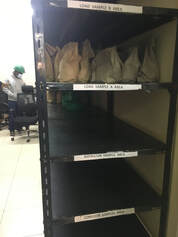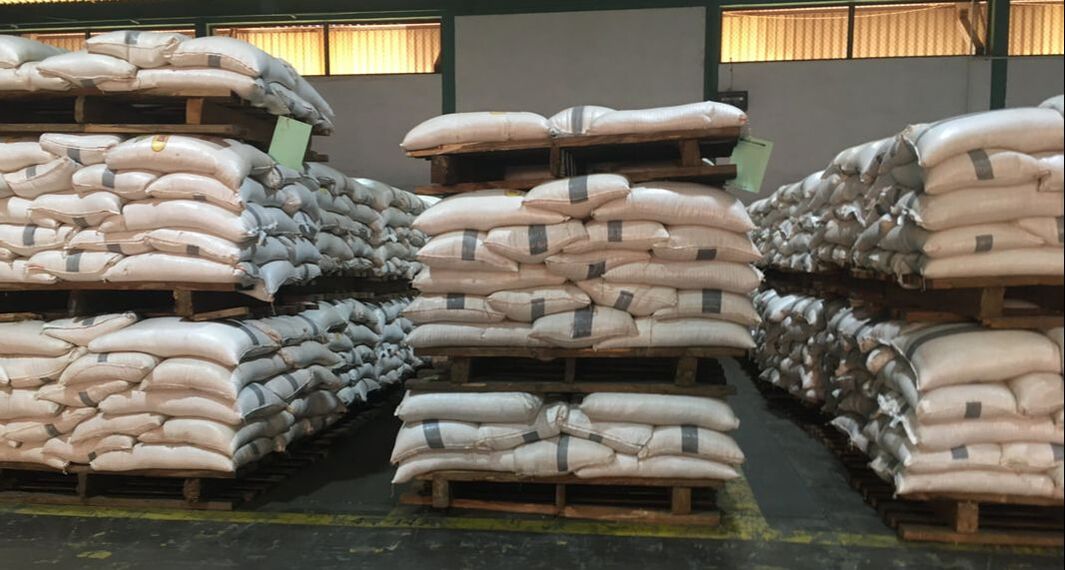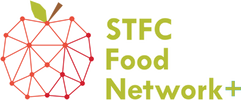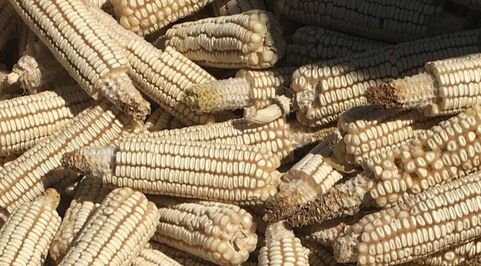|
A project supported by the SFN is bringing to light the problem of counterfeit seeds within African markets – and the best ways to tackle it Every time smallholder farmers sow their fields, they take a gamble that the seed in their hands will germinate well and lead to an abundant harvest. But in Sub-Saharan Africa, many of the seeds on the market are counterfeit or of poor-quality. A wide variety of reasons are behind this, including poor regulation by national governments, insufficient penalties, lack of quality controls within seed companies, and non-standardised labelling. With counterfeit and genuine seed typically being indistinguishable by sight alone, this makes it all too tempting for unscrupulous traders to boost their profits by mislabelling, adulterating or diluting seed. Ultimately, this has significant impacts for the deceived farmers, as Henry Hunga (University of Malawi) explains. “Counterfeit seed results in much poorer germination rates – sometimes as low as 0%, whereas the certification minimum standard is 95% for most crops. Consequently, farmers lose trust in formal seed supply systems, and are more reluctant to adopt seed for improved crop varieties.” This is a major contributing factor to the chronic problem of smallholder farmers achieving yields far below the potential harvest their land could generate. For instance, the average yield per hectare on smallholder farms is less than 1.5 tonnes for maize, 0.8 tonnes for legumes and 2.1 tonnes for rice against a potential of 8, 3, and 6.5 tonnes respectively. Clearly, tackling counterfeit seed could have a tremendous effect in bolstering food security in these regions. But with most evidence on the issue coming from farmer anecdotes, there is a lack of the hard data needed to give governments an incentive to act. In addition, poor understanding of how counterfeit seed enters the market has made it difficult to judge the points where interventions would be most effective. As part of a project supported by the SFN, Henry has started to address this. “Our objectives for the project were two-fold. First, to prove that there are indeed counterfeit seed on the market. And secondly, to map the seed supply chain and identify hotspots suitable for intervention” Henry says.  Laboratory at a seed company responsible for internal quality control - Credit: Henry Hunga Laboratory at a seed company responsible for internal quality control - Credit: Henry Hunga Capturing the scale of the problem: To understand how common counterfeit seed are, Henry and his colleagues used a mystery shopper approach to source 47 samples of maize seed from markets and trading centres across Malawi. The team then performed DNA sequencing to quantify the level of genetic variation both within the samples, and between the samples and reference seed from certified companies. This was followed by additional quality control tests, including for moisture content, germination and vigour.  Seed delivered to seed company from farm for processing (quality testing, sorting and packaging) - Credit: Henry Hunga Seed delivered to seed company from farm for processing (quality testing, sorting and packaging) - Credit: Henry Hunga "Rather shockingly, the results showed that only one sample from the market dealers matched the reference seed. None of the rest matched either the reference or similar varieties from different dealers” says Henry. “This clearly demonstrates that counterfeit maize seed is truly a serious problem within Malawi.” Having unequivocally confirmed counterfeit seed within the Malawi market, the next stage will be to quantify how widespread they are, including for other crops. “We also intend to establish a DNA reference library that can be accessed by stakeholders, which would significantly cut the time required for measuring genetic variation between samples” says Henry. Identifying strategic interventions: In parallel to the DNA sequencing work, the team also conducted a mapping exercise to identify which points along the seed supply chain are hotspots for counterfeiting activity, and should be targeted first. This involved visits to producers, multinational and national seed companies, markets and agrodealers in Lilongwe, Mchinji, Dowa, and Ntchisi districts in Malawi. “Our preliminary value chain mapping showed that most seed companies do not have internal quality control systems, and rely on public regulators who are often overwhelmed. Another major challenge came from dealers who fraudulently access company packaging materials, or produce counterfeit versions, then dilute or adulterate the actual seed” Henry says. But these could potentially be tackled by innovative, new technologies – such as Blockchain. A Blockchain [CW2] is essentially a digital ledger of transactions that is shared across all the computer nodes within the chain. Each new transaction is recorded on every participant’s ledger, making it very difficult to hack or change the data. “The distributed ledger system means data is not managed by individual stakeholders, making it tamperproof. This gives increased security, besides the ability to trace and share information across all stakeholders in real time” Henry says. Ultimately, Blockchain could enable batches of seed to be tracked right from production through to processing, markets and finally the farmers themselves. “Blockchain also has the advantage that it does not have to be regulated and maintained by governments. Preparing the private sector to be involved in the regulatory process is one of the best strategies for future interventions” Henry adds. But for Blockchain to be a success, it must be understood and accepted by the end-users themselves, so the project team also conducted stakeholder workshops with representatives from private seed companies. “The participants showed a strong interest in using Blockchain, and felt it was better than current traceability systems, such as verification codes, which are limited by the proprietary nature of data, and the fact they can be manipulated by individuals.” Henry now hopes to develop a proof-of-concept preliminary Blockchain platform for the Malawi seed supply chain. “Ultimately, we expect to link this Blockchain technology to DNA testing, so that seed companies and public regulators can verify that seed from producers is the true genetic material of the proclaimed seed variety” he says. If this goal comes to fruition, Henry’s work could help thousands of smallholder farmers achieve more consistent harvests. Yet the project has also helped him develop on a personal level, thanks to the support from the SFN: “Through the SFN, I have been able to work with a diverse team of experts, both locally and from the UK, and have also participated in several career development and networking activities. I am very glad to be part of the network, and hope to work with them further as we take this project forward.” Find out more: see our blog post on an SFN project using Blockchain and Internet of Things technologies to digitize Chinese food supply chains Henry would like to thank his UK-based co-investigators for their guidance and support during the project: Dr. Jens Jensen (STFC) Dr. Tom Kirkham (STFC) Dr. Jayne Crozier (CABI, UK) Dr. Sachin Kumar (University of Plymouth, UK) Dr. Manoj Dora (Brunel Business School, UK) Dr. Jan Mei Soon (University of Central Lancashire)
0 Comments
Your comment will be posted after it is approved.
Leave a Reply. |
AuthorJune 2024 - Archives
June 2024
Categories |
- Home
- Webinars and Events
- About the SFN+
- News
- Blog
- Expert Working Groups
- Funding
-
Publications
- Bioeconomy positioning paper
- SFN+ 5th Annual Conference
- OMM Policy Report
- ‘Multi-Stakeholder International One Day Workshop on Organic Agri-Food Value Chains for Net Zero’ Report
- SFN 2050 UK Net Zero Food report
- Sustainable Cold Food Chain Booklet
- Food Sensing Technologies for Safe and Nutritious Food
- Sustainable urban and vertical farming
- Projects
- Join/Contact Us


 RSS Feed
RSS Feed


